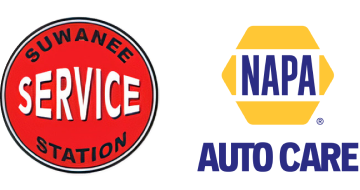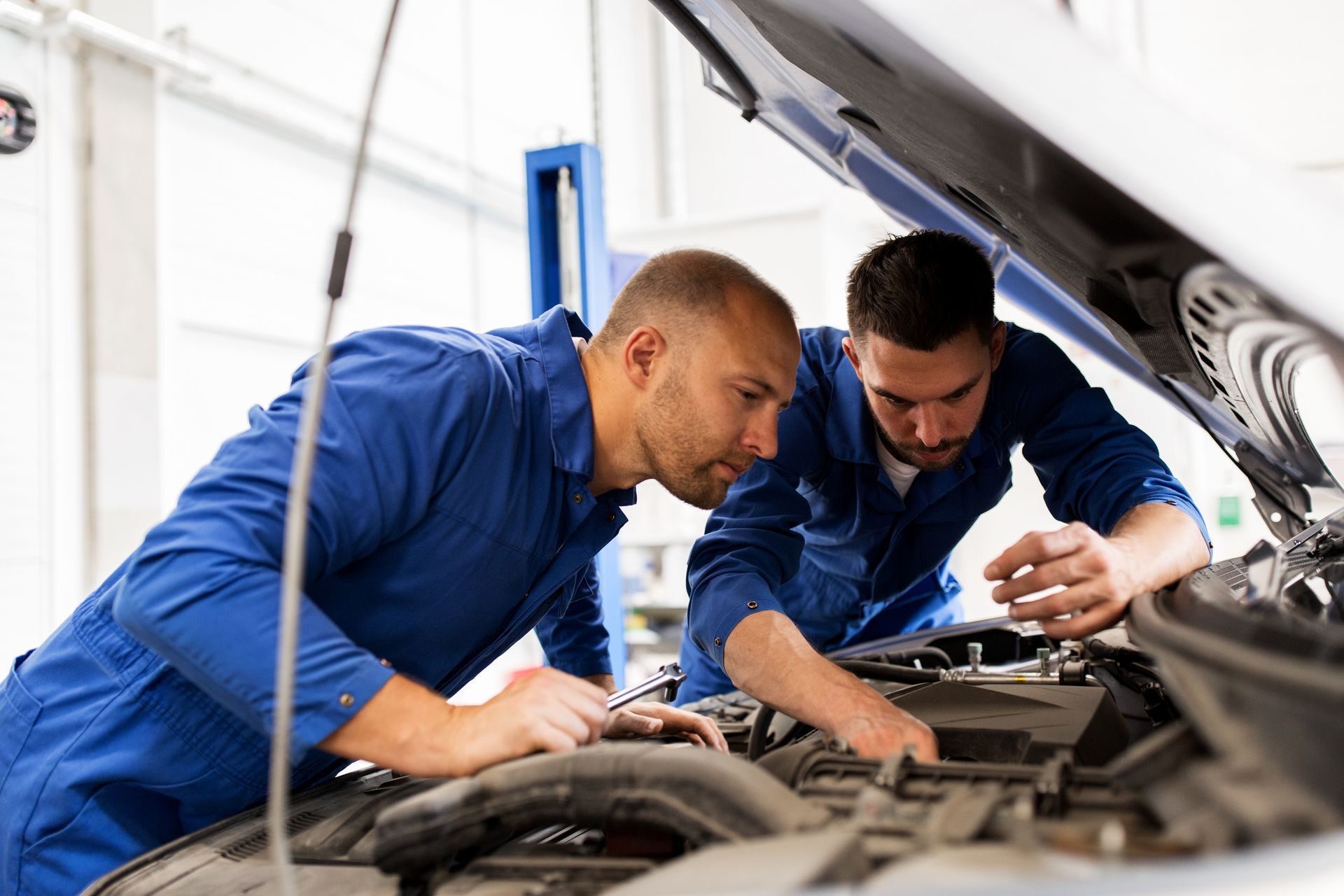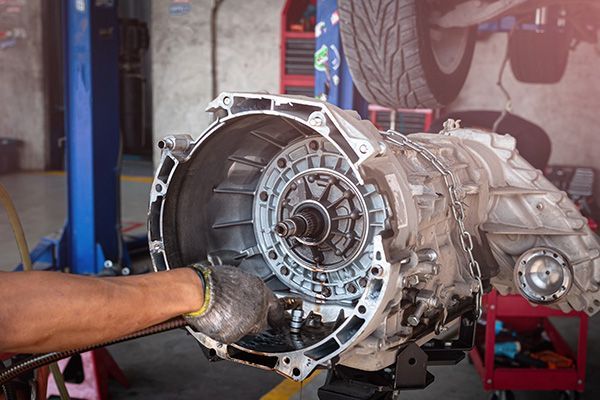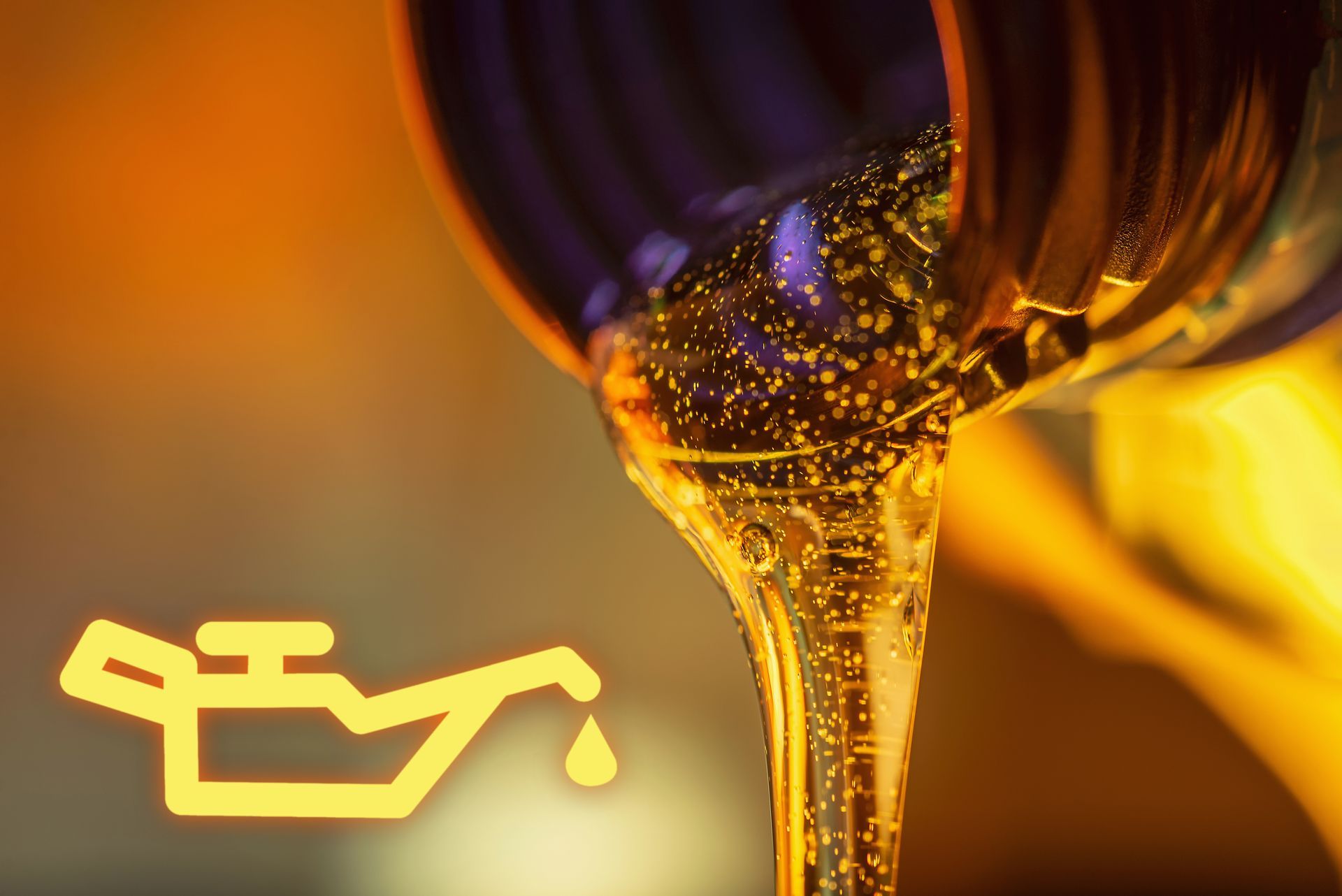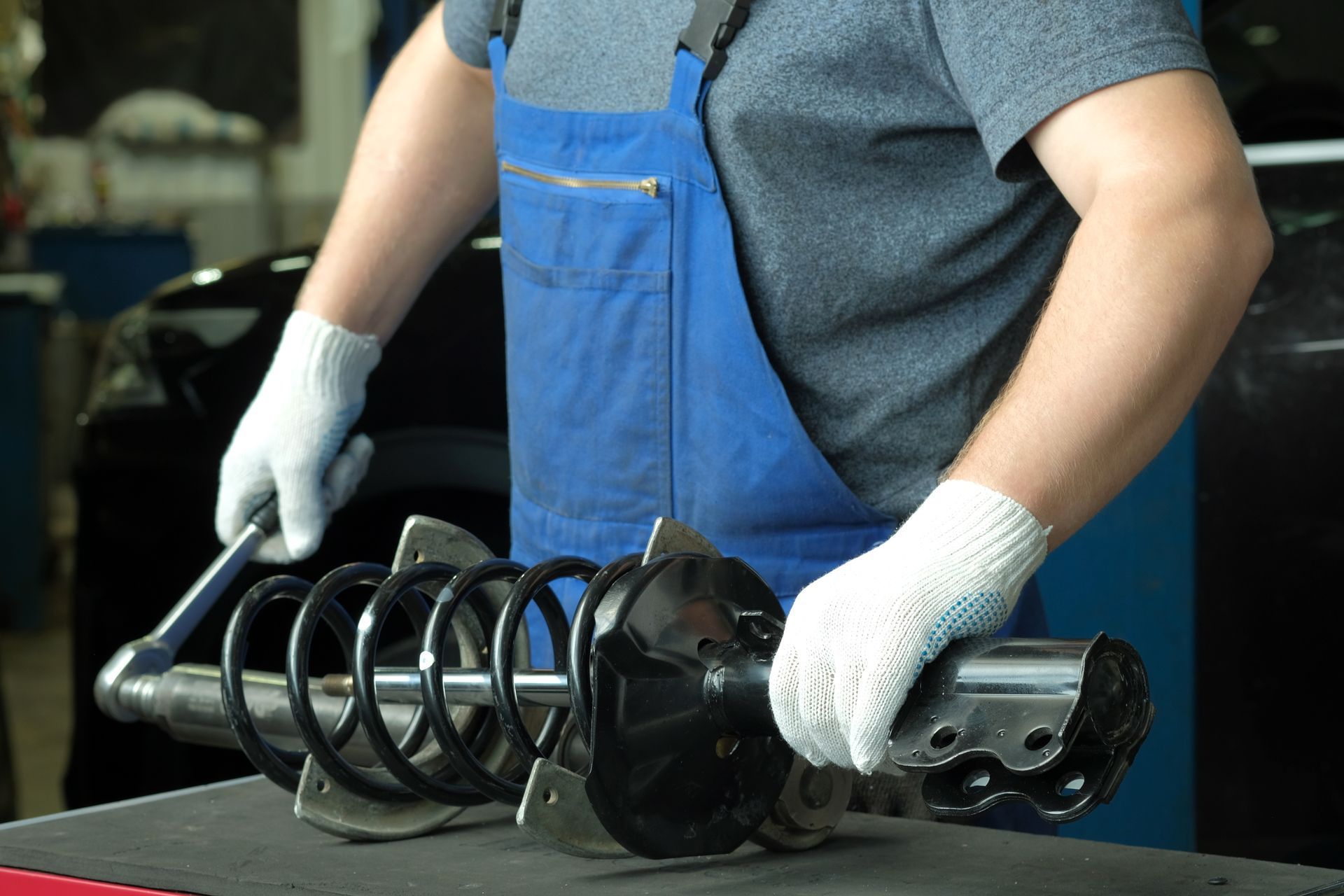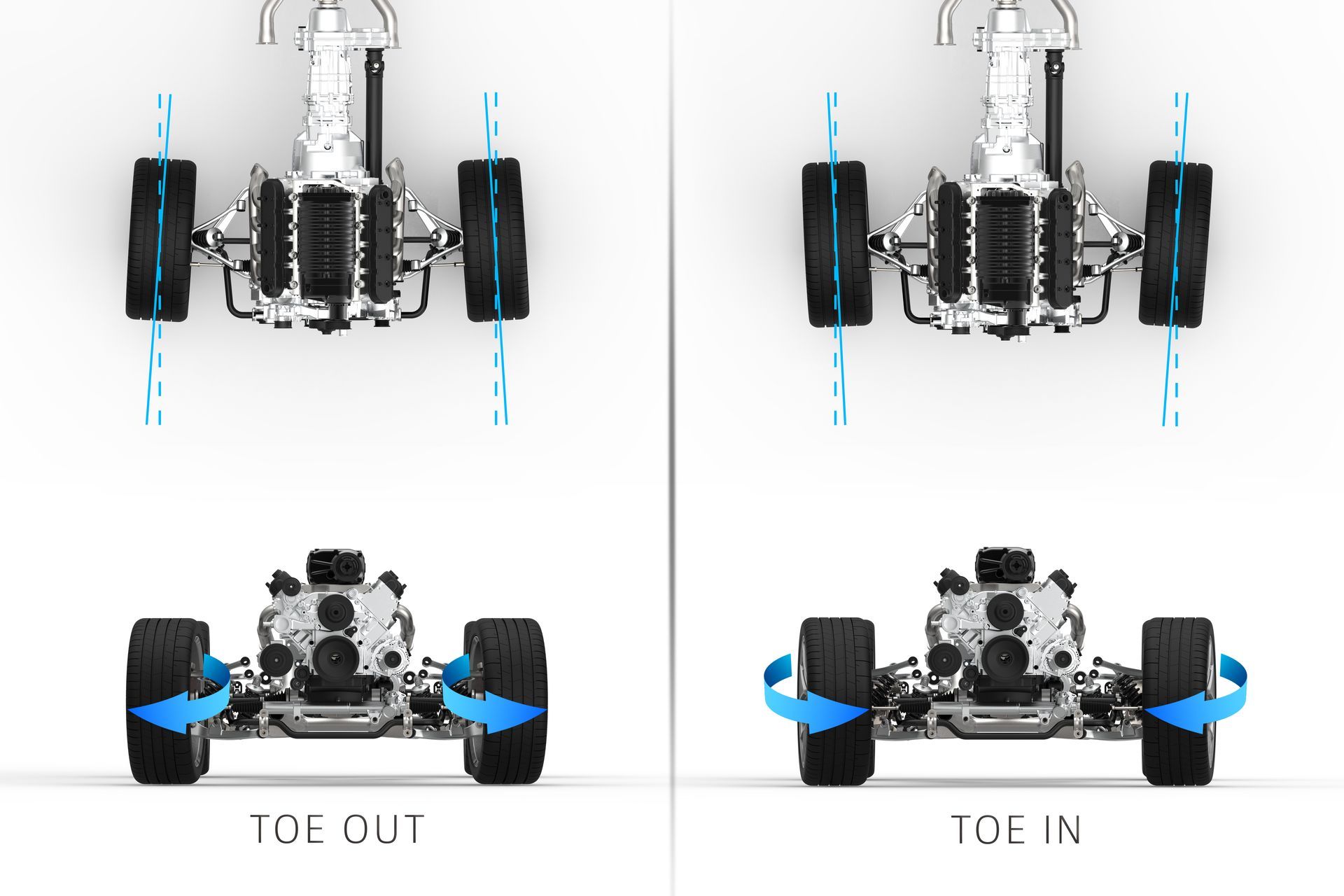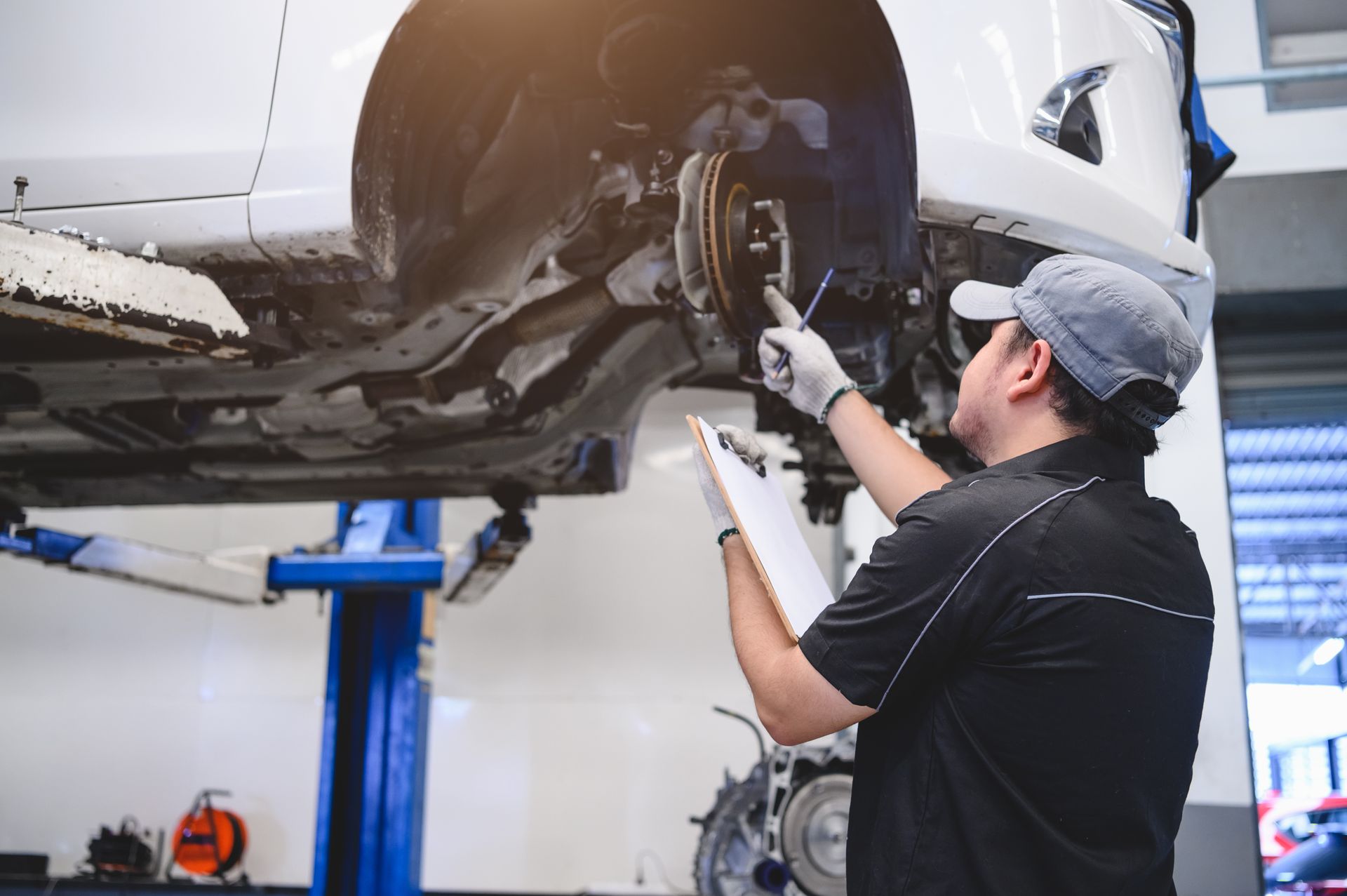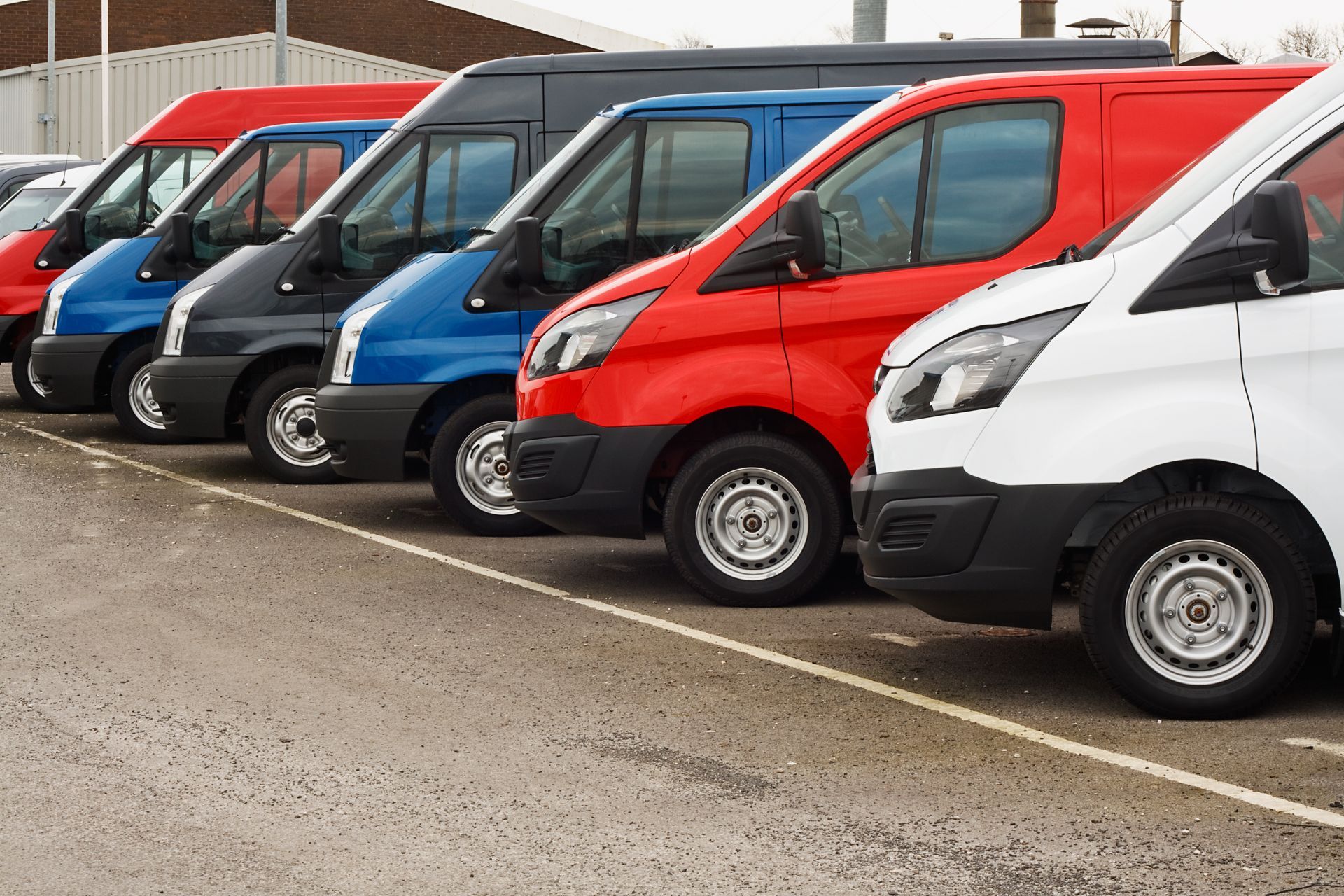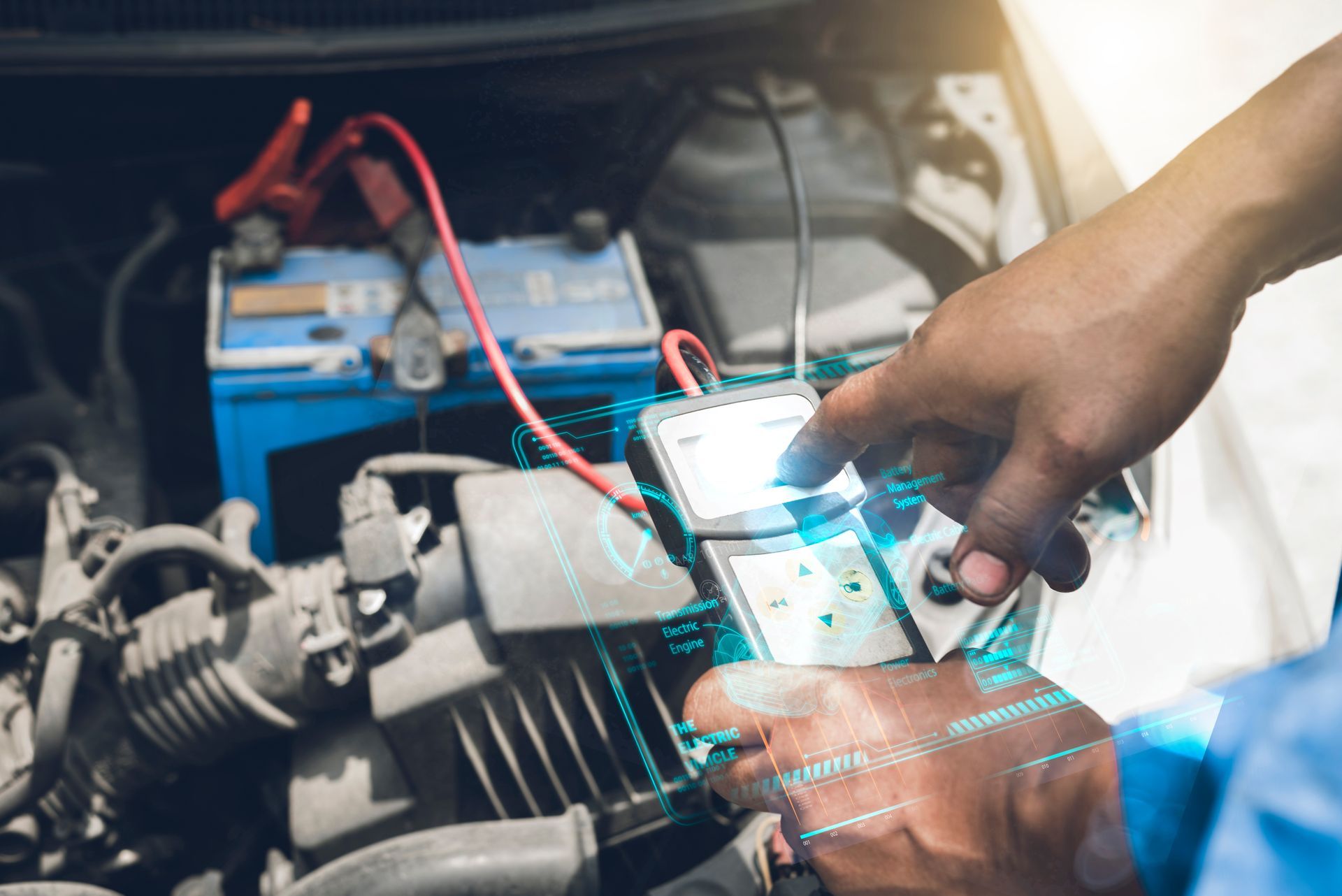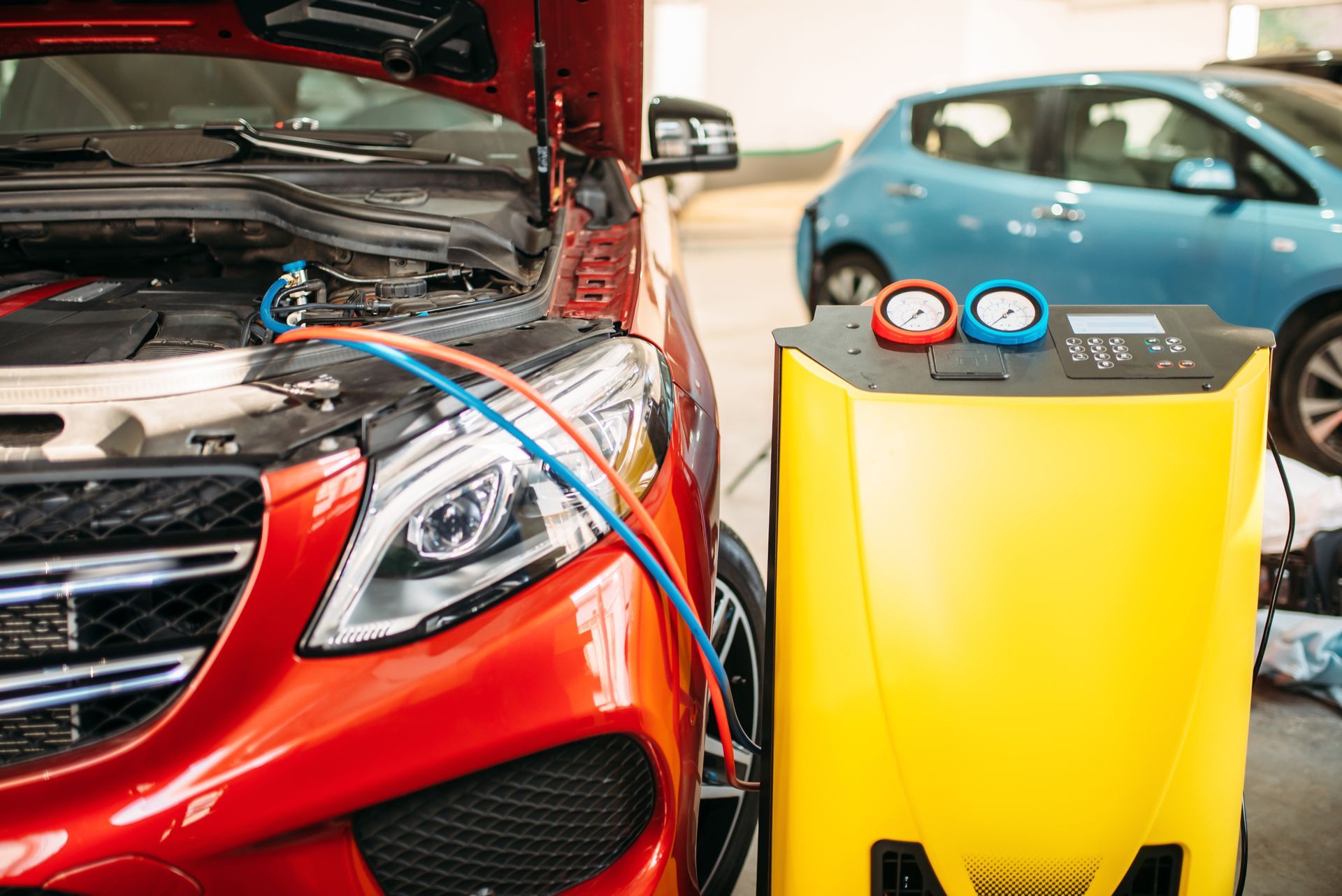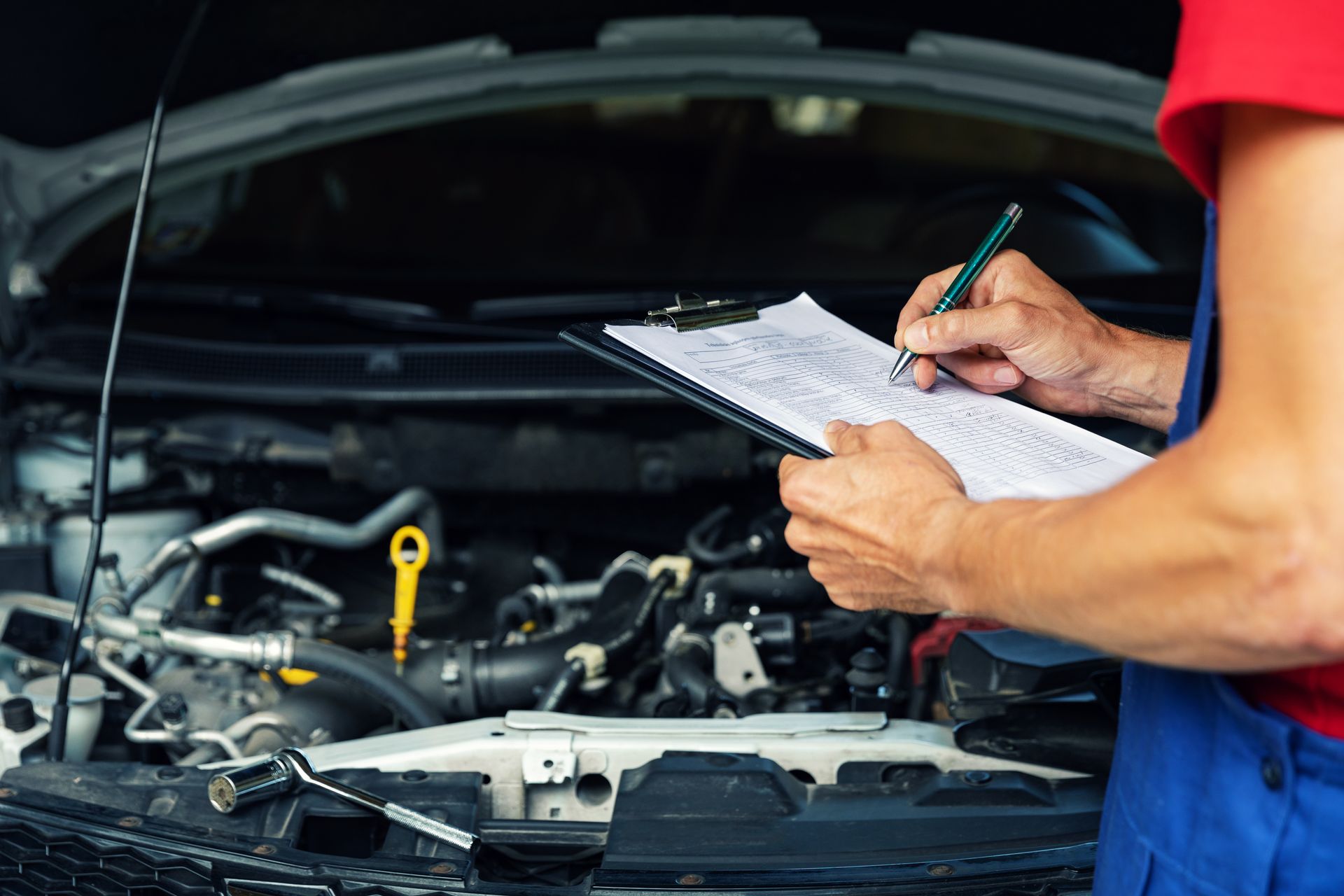Loading ...
Missing business hours data / Error occurred while getting the data.
Loading ...
Missing business hours data / Error occurred while getting the data.
What Are Your Car’s Most Important Engine Components that Require Maintenance?
Your car's engine is a complex system made up of numerous parts that work in harmony to keep your vehicle running. But just like any machine, these components need regular care to perform efficiently and last longer. Failing to maintain essential engine parts can lead to decreased performance, expensive repairs, and even a breakdown. So, what engine components should be at the top of your maintenance checklist?
1. Engine Oil and Oil Filter
You’ve probably heard it countless times—change your engine oil regularly. That’s because engine oil is the lifeblood of your vehicle. It lubricates, cleans, and cools the engine's moving parts, preventing friction and wear. However, over time, oil breaks down and becomes contaminated with dirt, debris, and combustion by-products, reducing its effectiveness.
Regular oil changes are vital to keep the engine running smoothly. Alongside changing the oil, replacing the oil filter is equally important. The filter traps dirt and particles, preventing them from circulating through the engine. Ignoring oil maintenance can result in overheating, poor fuel efficiency, and potentially costly engine damage.
2. Air Filter
Your car’s engine needs clean air to burn fuel efficiently, and the air filter plays a critical role in keeping that air free of contaminants. Over time, the air filter can become clogged with dirt, dust, and debris, restricting airflow and forcing your engine to work harder.
A dirty air filter can lead to reduced power, poor fuel economy, and even damage to engine components. It’s a simple, affordable part to replace, and ensuring it’s clean will improve your car’s overall performance and fuel efficiency. Experts recommend checking and changing the air filter every 12,000 to 15,000 miles, or sooner if you drive in dusty conditions.
3. Spark Plugs
Spark plugs may be small, but they have a big job. These components are responsible for igniting the air-fuel mixture in your engine’s cylinders, creating the combustion that powers your car. When spark plugs wear out or become dirty, they can cause misfires, rough idling, difficulty starting the engine, and reduced fuel efficiency.
To keep your engine firing on all cylinders, it’s important to check your spark plugs regularly and replace them as needed. Most vehicles require spark plug replacement between 30,000 and 100,000 miles, depending on the type of plugs and driving conditions.
4. Timing Belt or Timing Chain
The timing belt (or chain, in some engines) is one of the most crucial parts of your engine, ensuring that the camshaft and crankshaft rotate in sync. This coordination allows the engine's valves to open and close at the right times during the combustion process. If the timing belt or chain breaks or slips, it can cause significant internal damage to your engine.
Replacing a timing belt or chain is one of those maintenance tasks that many car owners forget about—until it’s too late. It’s recommended to replace the timing belt every 60,000 to 100,000 miles, depending on your vehicle. If your car has a timing chain, it’s designed to last longer but should still be inspected regularly for wear.
5. Cooling System (Radiator, Coolant, Water Pump)
Your engine generates a lot of heat during operation, and it’s the cooling system’s job to regulate the temperature and prevent overheating. Key components of this system include the radiator, coolant, and water pump. Over time, coolant can become contaminated or lose its effectiveness, leading to overheating and potential engine damage.
Regularly flushing and replacing your coolant will help maintain proper engine temperature. Additionally, keeping an eye on the water pump and radiator for leaks or wear can prevent more significant problems down the road. A failure in the cooling system can lead to catastrophic engine damage, so it’s crucial to include this in your routine maintenance plan.
6. Fuel System (Fuel Filter and Fuel Injectors)
Your car’s fuel system ensures that the right amount of fuel is delivered to the engine’s combustion chamber. The fuel filter plays a critical role in trapping contaminants before they reach the injectors. Over time, this filter can become clogged, reducing fuel flow and causing poor engine performance or stalling.
Fuel injectors are another essential part of the fuel system, responsible for spraying the fuel into the engine. Dirty or clogged injectors can cause rough idling, poor acceleration, and reduced fuel efficiency. Regularly replacing the fuel filter and cleaning the injectors will help maintain optimal engine performance.
Ready to give your engine the care it needs? Visit
Suwanee Service Station today for a complete engine maintenance check. From oil changes to spark plug replacements, our expert technicians are here to ensure your engine is running at peak performance.
Loading ...
Missing business hours data / Error occurred while getting the data.
Working Hours
Having Trouble Finding Us?
Loading ...
Missing nap lines data / Error occured while getting the data.
